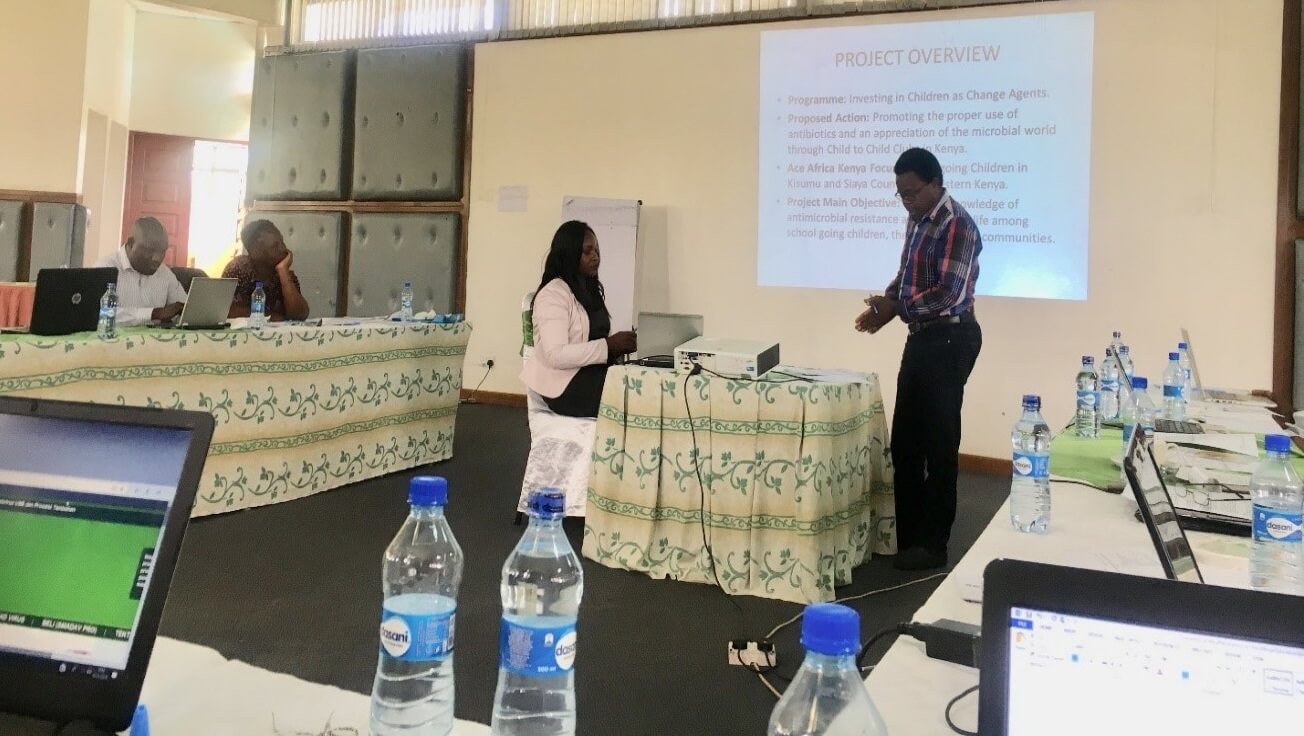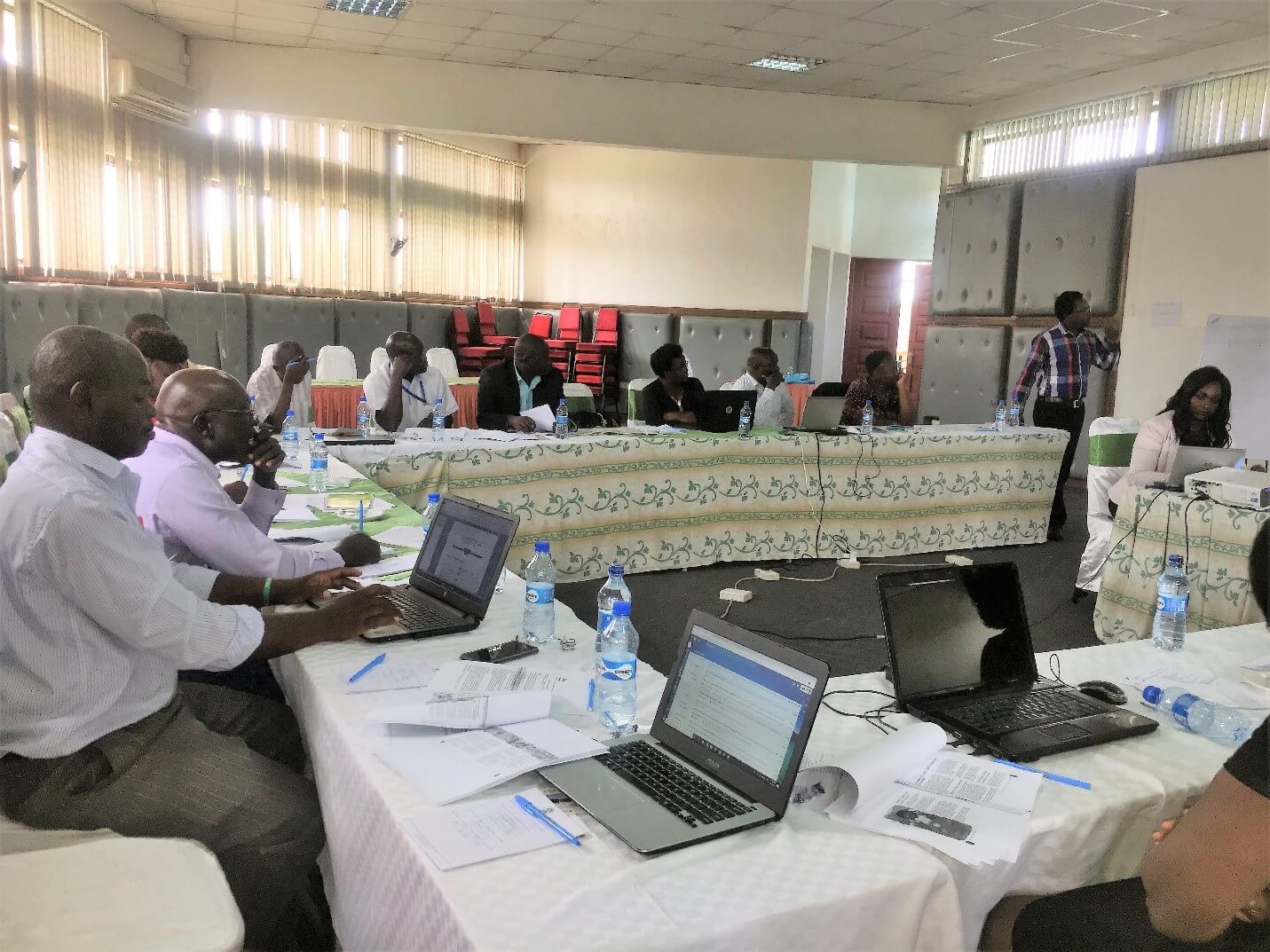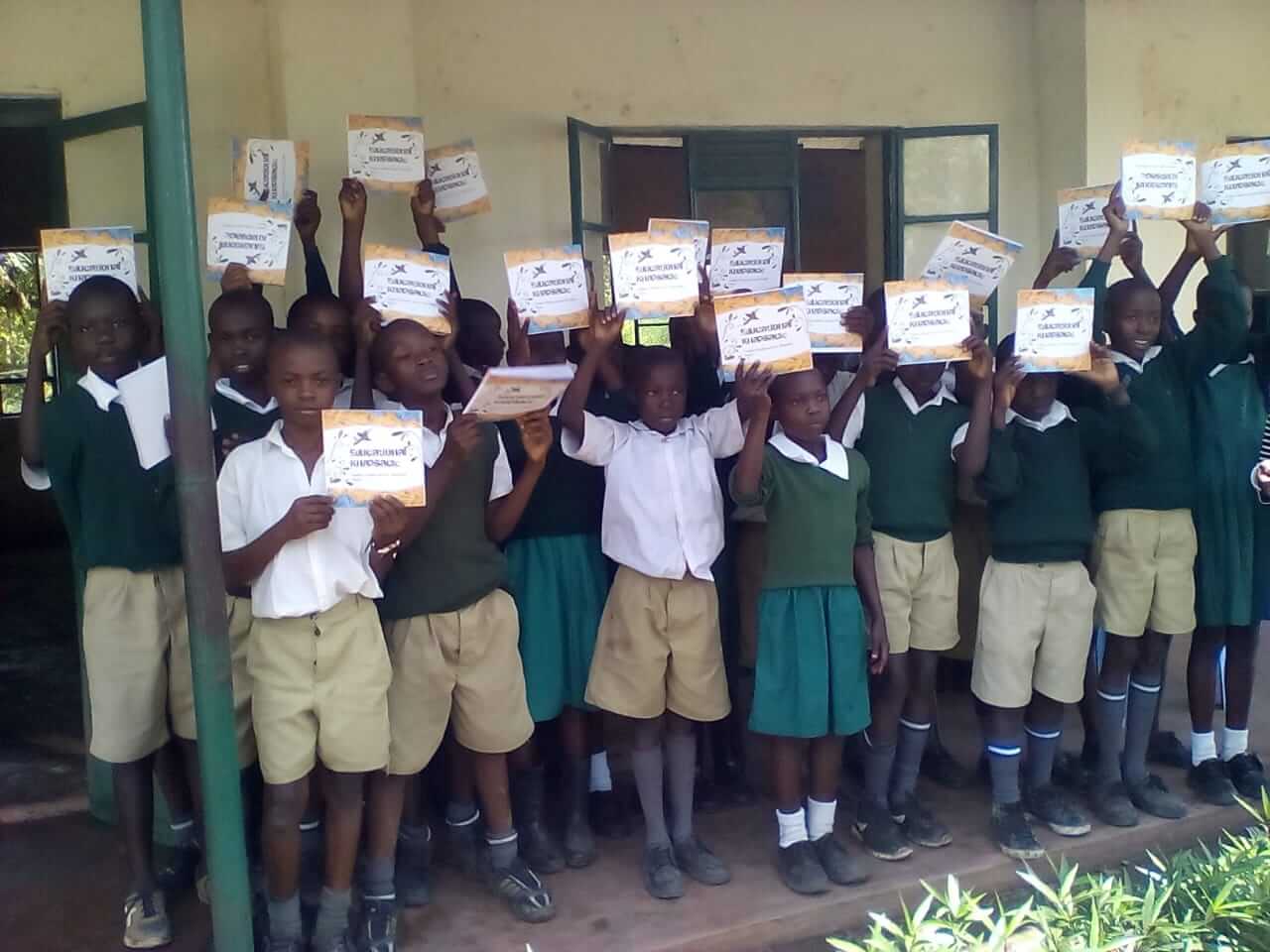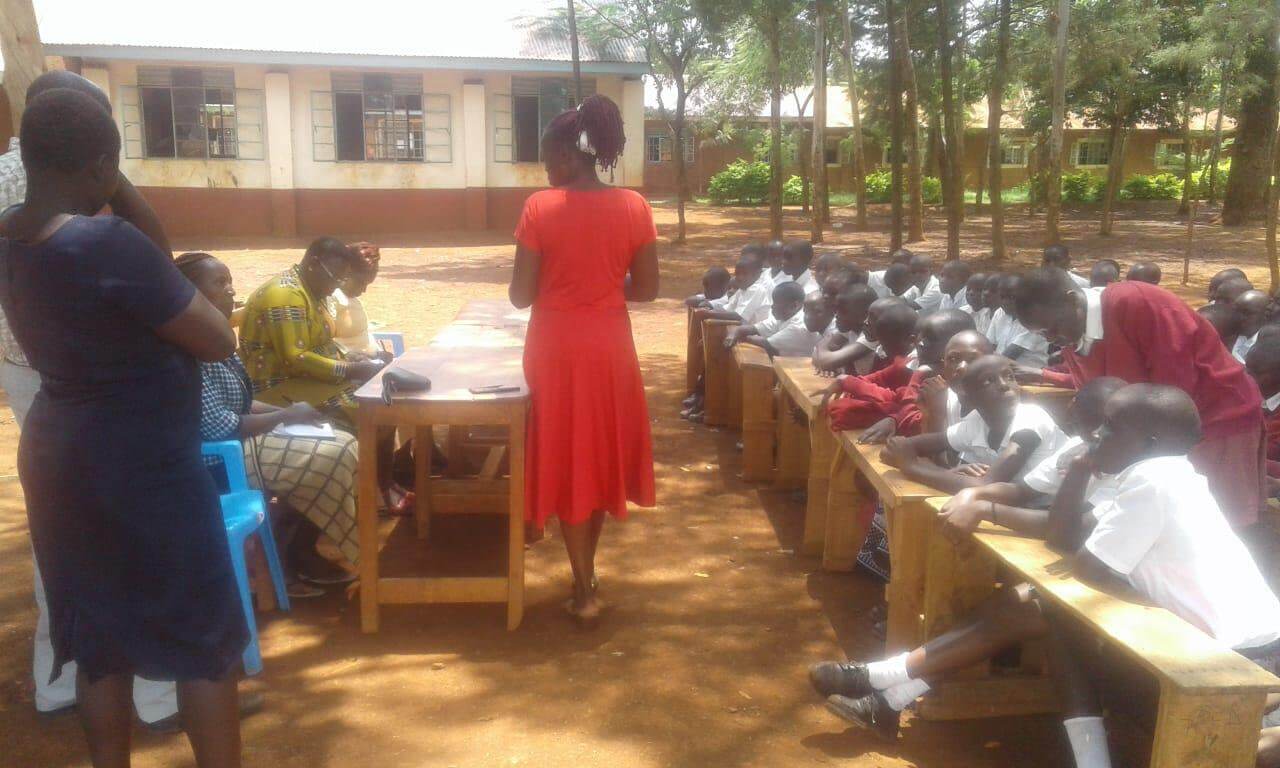Creating AMR awareness among children and teachers in schools
Alforja Educativa is a tool to create awareness on antimicrobial resistance (AMR) amongst children and teachers in schools. It is a compilation of activity guides, story books, songs and videos. In 2015, ReAct Latin America successfully employed the Alforja Educativa amongst children and teachers in selected schools across Cuenca, Ecuador. Alforja is a Spanish term meaning a small knapsack that is used to contain essential elements necessary to sustain travellers during their journeys.
The tool was translated to English language in the year 2017. The team then proposed the need to adapt it to other contexts through a pilot training and validation project in Africa. Kenya’s National Action Plan on Prevention and Containment of AMR lists its first objective as “To Improve Awareness and understanding of AMR through effective communication, education and training.” Its communication strategy in the prevention and containment of AMR further stipulates as part of its strategy in creating AMR awareness being to “Include antimicrobial use and resistance in school curricula to promote better understanding and awareness.” However, to then, few documented interventions if any, are creating awareness of AMR to and by children of school-going age in Kenya.
Resultantly, ReAct Africa Node (RAN) purposed to implement a project that would use the English version of the Alforja Educativa to meet this need. The project activities, which are being implemented in collaboration with Ace Africa via the Child-to-Child methodology are divided in to 2 phases; Phase 1 – Adaptation of the Educativa Alforja to the Kenyan context. Phase 2 – Piloting of the adapted Alforja in selected schools in Siaya and Kisumu counties in Kenya.


Mr. Dennis Amonde (Project Manager – Ace Africa) taking the stakeholders through the Alforja document as Laura Doresi (Child-to-Child coordinator- Ace Africa) inputs the suggested changes
Phase 1 activities begun in September 2018 and came to a close in December 2018. The objectives were to create AMR awareness amongst One-Health Child-to-Child (CtC) stakeholders in Siaya and Kisumu counties and to develop the adapted version of the Alforja Educativa to the Kenyan context by the end of 2018.
The expected outcome at the end of the project activities is that the adapted tool will be effectively employed by the capacitated children, to create awareness on AMR – the intertwined relation between human and animal activities with the environment/microbial world, which in turn affects our health – and promote proper use of antibiotics amongst their family members, other children and their communities at large.


Pupils of Segere and Karapul Primary Schools in Siaya, Kenya receive Alforja (Educational Knapsack) guide booklets
This project is implemented in collaboration and cooperation of Action in the Community Environment in Africa (Ace Africa) and the Child-to-Child stakeholders in Siaya and Kisumu counties of Kenya; with support from the ReAct Latin America (RLA), consultants, and funding from the Swedish International Development Cooperation Agency (SIDA) through Action on Antibiotic Resistance (ReAct) .
During the project activities, it became evident that the awareness of the reality of AMR as a public health menace remains an alien concept to many, including those practicing in the health field. This therefore calls for further concerted efforts by all stakeholders within the AMR field globally, if we are to realise the 2030 global health agenda.
“This project is a welcome initiative as it aims at using children as agents of change. Meaning a culture of proper use of antibiotics, will be inculcated from a young age through to adulthood, hence creating a generation that is conscious of the effects of inappropriate use of antibiotics, going forward”. Ace Africa CtC stakeholder.